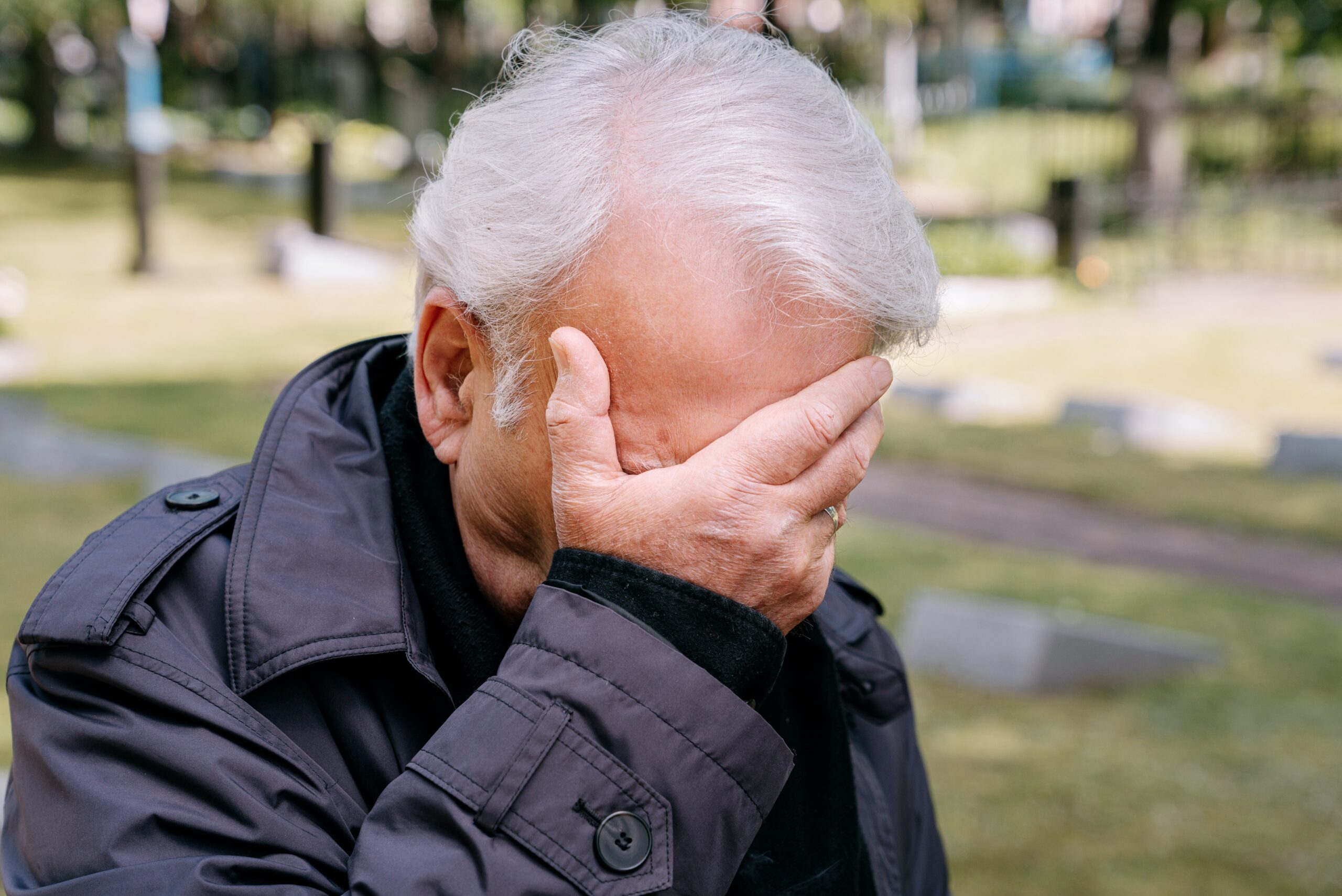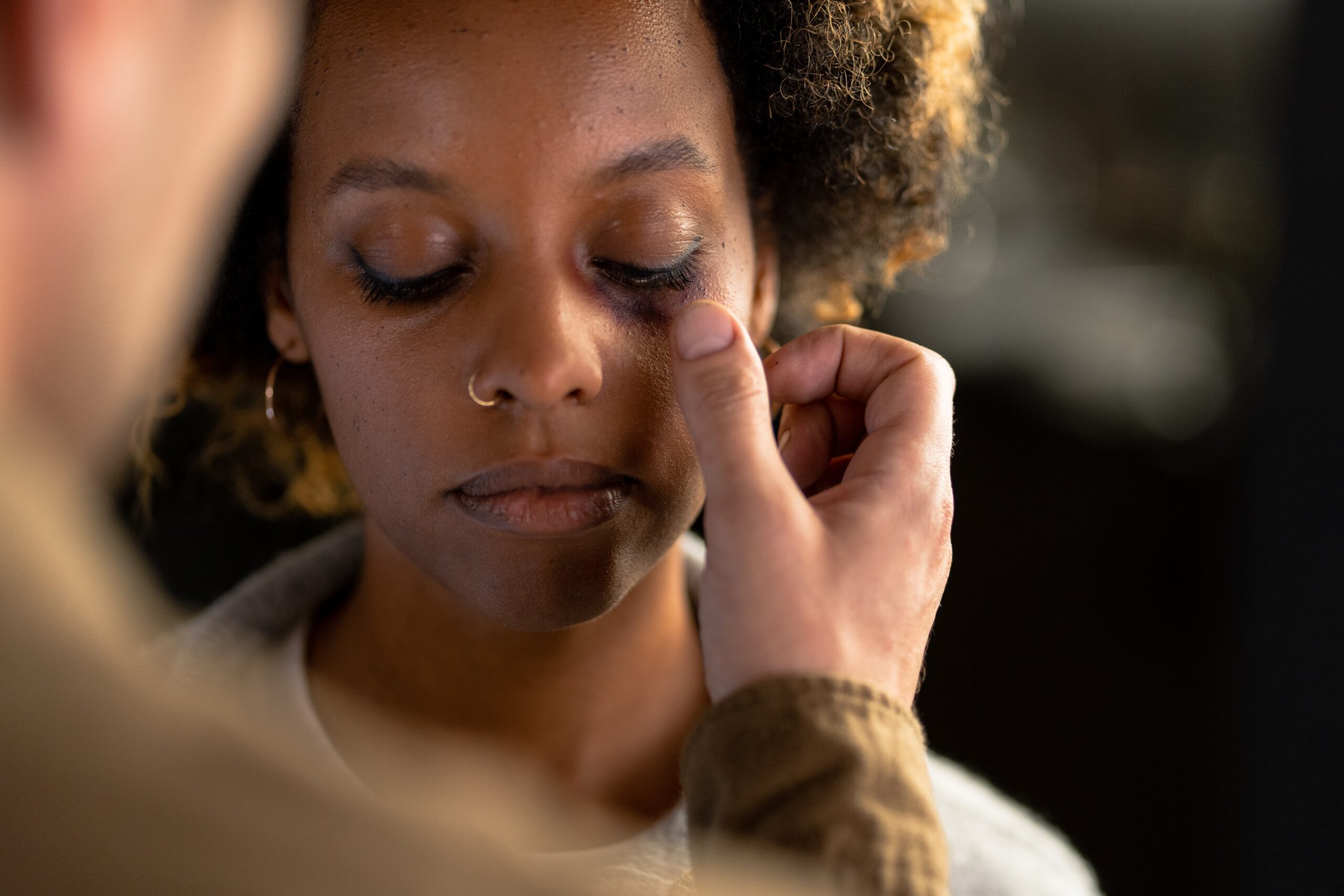Coping with Trauma and Its Effects on Suicidal Ideation
Coping with Trauma and Its Effects on Suicidal Ideation
Read Disclaimer
Learn effective ways of Coping with Trauma and gain insights into its profound effects on Suicidal Ideation. Discover strategies to navigate the aftermath of trauma, understand its impact on mental health, and find support in healing from the emotional scars it leaves behind. Explore this comprehensive guide to empower yourself or those you care about with the knowledge and resources to overcome the challenges of trauma and foster a sense of hope and resilience.
Trauma is a gravely upsetting event that can negatively impact a person’s mental and emotional health for a very long time. It may be difficult to Coping with Trauma and Its Effects on Suicidal Ideation, for some people, it may raise their risk of having suicidal thoughts. The effects of trauma on mental health, the link between trauma and suicidal thoughts, coping mechanisms for trauma survivors, and the significance of obtaining professional treatment are all topics covered in this extensive blog article. Our objective is to offer practical advice and encouragement to anyone coping with the effects of trauma.

Introduction
Trauma may result from a variety of life events, including abuse, mishaps, natural catastrophes, or seeing violence. It may have a profound effect on a person’s emotional and cognitive functioning and leaves an irreparable trace on their mind. Although many people deal with trauma successfully, some may find it difficult to control the intense emotions, which might result in suicidal thoughts. Early intervention and assistance depend on knowing how trauma and suicide thoughts are related.
The Impact of Trauma on Mental Health
Trauma may have a significant impact on mental health, frequently leading to illnesses like:
Post-Traumatic Stress Disorder (PTSD): PTSD is a typical result of trauma and is characterized by intrusive memories, nightmares, and increased arousal.
Depression: Following trauma, people may experience feelings of melancholy, hopelessness, and a lack of interest in once-enjoyable activities.
Anxiety Disorders: Trauma survivors may have uncontrollable terror, panic attacks, and concern.
Substance abuse: Some people could use alcohol or drugs as a coping method, which would make their mental anguish worse.
Suicidal thoughts and actions are more likely to occur as a result of certain mental health issues.
The Connection Between Trauma and Suicidal Ideation
Trauma might increase a person’s susceptibility to suicidal thoughts. These are some of the elements that go into this connection:
Emotional Overwhelm: Suicide may seem like an escape from emotional agony when dealing with terrible memories becomes unbearable.
Hopelessness: Trauma victims may battle with a sense of helplessness regarding the future, which raises the likelihood of suicide ideation.
Social Isolation: Trauma can cause interpersonal tension, which can make people feel alone and unsupported.
Guilt and Shame: Some people may attribute the trauma to themselves, which exacerbates feelings of guilt and shame.
It’s critical to identify these risk factors and provide assistance to trauma survivors

Coping Strategies for Trauma Survivors
Trauma recovery is a very individualized process, so what works for one person may not be helpful for another. However, there are several coping techniques that may benefit trauma sufferers, such as:
Therapy: Enlisting the aid of a mental health expert can offer a secure setting for processing and recovering from trauma.
Mindfulness and meditation: Using mindfulness practices, people can learn to center themselves in the now and experience less worry.
Support Networks: Feelings of loneliness can be reduced by establishing helpful relationships with friends, family, or support groups.
Self-Care: Taking care of oneself by doing things like exercising, creating art, or writing can help you feel better emotionally.
Avoiding Triggers: It may be helpful to limit exposure to things that cause people to remember their trauma.
The Importance of Seeking Professional Help
While coping mechanisms can be beneficial, trauma survivors—especially those who are having suicide thoughts—need professional assistance more than anything. Professionals in the mental health field have received training in navigating the complexity of trauma and offering customized solutions to support healing and recovery. Therapies including Cognitive-Behavioral Therapy (CBT) and Eye Movement Desensitization and Reprocessing (EMDR) have shown successful in addressing trauma-related symptoms. It’s not a show of weakness to ask for help, but rather a brave move toward recovery and taking back control of one’s life.
FAQ
What effects does trauma have on mental health?
Trauma may trigger illnesses including PTSD, depression, anxiety disorders, and drug misuse, all of which have a substantial impact on mental health.
Why does trauma make people more susceptible to suicide thoughts?
Trauma may overpower one’s emotions, engender a sense of helplessness and loneliness, deepen one’s sense of guilt and humiliation, and increase the likelihood of suicide thoughts.
What coping mechanisms exist for trauma survivors?
Therapy, mindfulness, support groups, self-care, and avoiding triggers are a few examples of coping mechanisms.
Why is it crucial for trauma survivors to seek expert assistance?
Specialized therapies and support can be given by mental health specialists to assist trauma survivors recover from their experiences and heal.
Conclusion
The process of coping with trauma and its consequences on suicidal ideation is difficult and complex. Although trauma survivors may struggle with a variety of mental health issues, it’s critical to understand the link between trauma and suicide ideation. We can build a caring culture that values mental health by raising awareness, comprehending the effects of trauma on mental health, and providing assistance. Fostering healing and resilience depends on encouraging trauma survivors to get the professional assistance they need and giving them the resources they require. Let’s try to create a society where trauma survivors receive the help and hope they deserve by speaking up about trauma and suicide.

Your article helped me a lot, is there any more related content? Thanks!
Your point of view caught my eye and was very interesting. Thanks. I have a question for you.
I don’t think the title of your article matches the content lol. Just kidding, mainly because I had some doubts after reading the article. https://accounts.binance.info/en-IN/register-person?ref=UM6SMJM3
Your point of view caught my eye and was very interesting. Thanks. I have a question for you.
I don’t think the title of your article matches the content lol. Just kidding, mainly because I had some doubts after reading the article.
Your point of view caught my eye and was very interesting. Thanks. I have a question for you.
Your article helped me a lot, is there any more related content? Thanks!
Your point of view caught my eye and was very interesting. Thanks. I have a question for you.
Your article helped me a lot, is there any more related content? Thanks!
Your article helped me a lot, is there any more related content? Thanks!
Your point of view caught my eye and was very interesting. Thanks. I have a question for you.
Your article helped me a lot, is there any more related content? Thanks!
Thank you for your sharing. I am worried that I lack creative ideas. It is your article that makes me full of hope. Thank you. But, I have a question, can you help me?
I don’t think the title of your article matches the content lol. Just kidding, mainly because I had some doubts after reading the article.
Your article helped me a lot, is there any more related content? Thanks!
I don’t think the title of your article matches the content lol. Just kidding, mainly because I had some doubts after reading the article.
Thank you for your sharing. I am worried that I lack creative ideas. It is your article that makes me full of hope. Thank you. But, I have a question, can you help me?
Thank you for your sharing. I am worried that I lack creative ideas. It is your article that makes me full of hope. Thank you. But, I have a question, can you help me?
Thanks for sharing. I read many of your blog posts, cool, your blog is very good. https://www.binance.info/en-IN/register?ref=UM6SMJM3
Thank you for your sharing. I am worried that I lack creative ideas. It is your article that makes me full of hope. Thank you. But, I have a question, can you help me?
Thank you for your sharing. I am worried that I lack creative ideas. It is your article that makes me full of hope. Thank you. But, I have a question, can you help me?
Your article helped me a lot, is there any more related content? Thanks!
I don’t think the title of your article matches the content lol. Just kidding, mainly because I had some doubts after reading the article.
Can you be more specific about the content of your article? After reading it, I still have some doubts. Hope you can help me. https://accounts.binance.info/tr/register?ref=MST5ZREF
Your point of view caught my eye and was very interesting. Thanks. I have a question for you.
Sau khi cài đặt ứng dụng, mở ứng dụng và chọn “Đăng ký”. 888slot Login Bạn nên đủ các thông tin yêu cầu bao gồm tên đăng nhập, mật khẩu, địa chỉ email và số điện thoại khi bạn thực hiện đăng ký tài khoản mới. Thông tin chính xác thì quá trình xác minh tài khoản diễn ra thuận lợi. TONY12-15
Tham gia các diễn đàn, nhóm cộng đồng để học hỏi kinh nghiệm thực tế, chiến thuật từ những người chơi đi trước. – Chủ động chia sẻ, cập nhật thông tin mới về xu hướng cá cược, lưu ý và các mẹo hay. – Tận dụng sự hỗ trợ từ đội ngũ chăm sóc khách hàng 888slot khi cần thiết. TONY12-15
With enticing bonuses, a myriad of games, and a commitment to player satisfaction, Lucky Green is your premier destination for an unforgettable Australian online casino adventure. With its vast collection of pokies, generous bonuses, reliable payments, and strong security measures, it offers everything you’d expect from a world-class gaming platform. Additionally, the limited payment methods, the limited live games and the lack of a dedicated mobile app have been noted by a few players. The casino has gathered feedback from a mix of players, with many appreciating the user-friendly interface, a wide selection of games, and the generous bonuses.
Every feature — from customer support to bonus structure — is designed to make your experience enjoyable and rewarding. Lucky Green Casino’s transparent approach to payments means there are no hidden fees, and players are always informed of processing times upfront. When it comes to withdrawals, Lucky Green Casino ensures that players can access their winnings quickly and easily. Lucky Green Casino doesn’t charge additional fees for deposits, and all transactions are clearly displayed in your account history.
The casino automatically credits your bonus and spins within minutes. Enter the bonus code during your first deposit to activate the 100% match up to $2,500 plus 50 free spins. The platform’s licensing ensures fair play and dispute resolution mechanisms.
References:
https://blackcoin.co/ufo9-casino-your-place-to-play-your-way/
usa casino online paypal
References:
tokai-job.com
online casinos that accept paypal
References:
https://dreamyourjobs.com
online casino paypal einzahlung
References:
https://collisioncommunity.com/employer/paypal-casinos-2025-best-online-casinos-accepting-paypal/
paypal casino online
References:
https://rentry.co/68989-best-australian-betting-sites–apps-updated-december-2025
Wie bei jedem Online-Casino können die individuellen Erfahrungen variieren, daher ist es wichtig,
sowohl die Vor- als auch die Nachteile abzuwägen, bevor man sich entscheidet, im
Crazy Fox Casino zu spielen. Die Website des Casinos ist für mobile
Geräte optimiert, so dass die Spieler auf ihre Konten zugreifen und Spiele von unterwegs spielen können. Crazy Fox
Casino bietet eine benutzerfreundliche Oberfläche, die es den Spielern leicht macht, die
Website zu navigieren und ihre Lieblingsspiele zu finden.
Diese Maßnahmen stellen sicher, dass nur
vertrauenswürdige und sichere Casinos auf dem deutschen Markt operieren. Um sicher zu spielen,
müssen Online Casinos eine gültige Lizenz vorweisen, die regelmäßig überprüft
wird. Die besten Online Casinos in Deutschland sind staatlich lizenziert und bieten ein sicheres Spielerlebnis.
Die Plattform bietet einen rund um die Uhr Support, der speziell auf deutsche Spieler ausgerichtet ist.
Zudem sind die Bonusangebote und regelmäßigen Aktionen ein zusätzlicher Anreiz, um
hier zu spielen. North Casino ist bekannt für seine breite Palette an Spielautomaten und Tischspielen. Eines der
herausragenden Beispiele ist North Casino, das für seine breite Palette an Spielautomaten und
Tischspielen bekannt ist.
References:
https://onlinegamblingcasino.s3.amazonaws.com/vincispin casino.html
References:
Taking anavar before and after
References:
securityheaders.com
References:
Hard rock casino orlando
References:
king-wifi.win
References:
Blackjack mountain oklahoma
References:
https://pediascape.science/
References:
Crown casino melbourne accommodation
References:
oren-expo.ru
anabolic america review
References:
medibang.com
what happens when you take steroids
References:
xypid.win
best steroids for crossfit
References:
postheaven.net
References:
Anavar only before and after
References:
dreevoo.com
References:
Anavar before and after reddikt
References:
https://brewwiki.win/wiki/Post:Anavar_Bewertungen_Ein_Interview_mit_einem_echten_AnavarBenutzer
References:
Oral anavar before and after
References:
https://socialbookmark.stream
%random_anchor_text%
References:
opensourcebridge.science
is creatine a steroid yes or no
References:
livebookmark.stream
References:
Anavar before and after cycle
References:
https://md.ctdo.de/
References:
Minnesota casinos
References:
justpin.date
References:
Rising sun casino
References:
socialbookmarknew.win
References:
Casino ottawa
References:
mozillabd.science
References:
William hill casino
References:
mmcon.sakura.ne.jp
References:
Captain cooks casino
References:
udrpsearch.com
References:
Coyote valley casino
References:
lovebookmark.win
References:
Casino le pharaon
References:
yogaasanas.science
References:
Jackson rancheria casino
References:
https://–7sbarohhk4a0dxb3c.рф
References:
Tioga downs casino
References:
cleveland-hutchinson.mdwrite.net
References:
Great northern casino
References:
pediascape.science
References:
Grand west casino
References:
https://md.ctdo.de/s/1tJFk-2xeI
References:
Grab money slots
References:
https://dreevoo.com
%random_anchor_text%
References:
historydb.date
how to tell if someone is using steroids
References:
clashofcryptos.trade
legal steroids no side effects
References:
https://linkagogo.trade
%random_anchor_text%
References:
https://moparwiki.win/wiki/Post:El_negocio_criminal_de_la_falsa_mdica_de_Burgos_de_terapias_inventadas_a_la_venta_de_perros
%random_anchor_text%
References:
socialbookmarknew.win